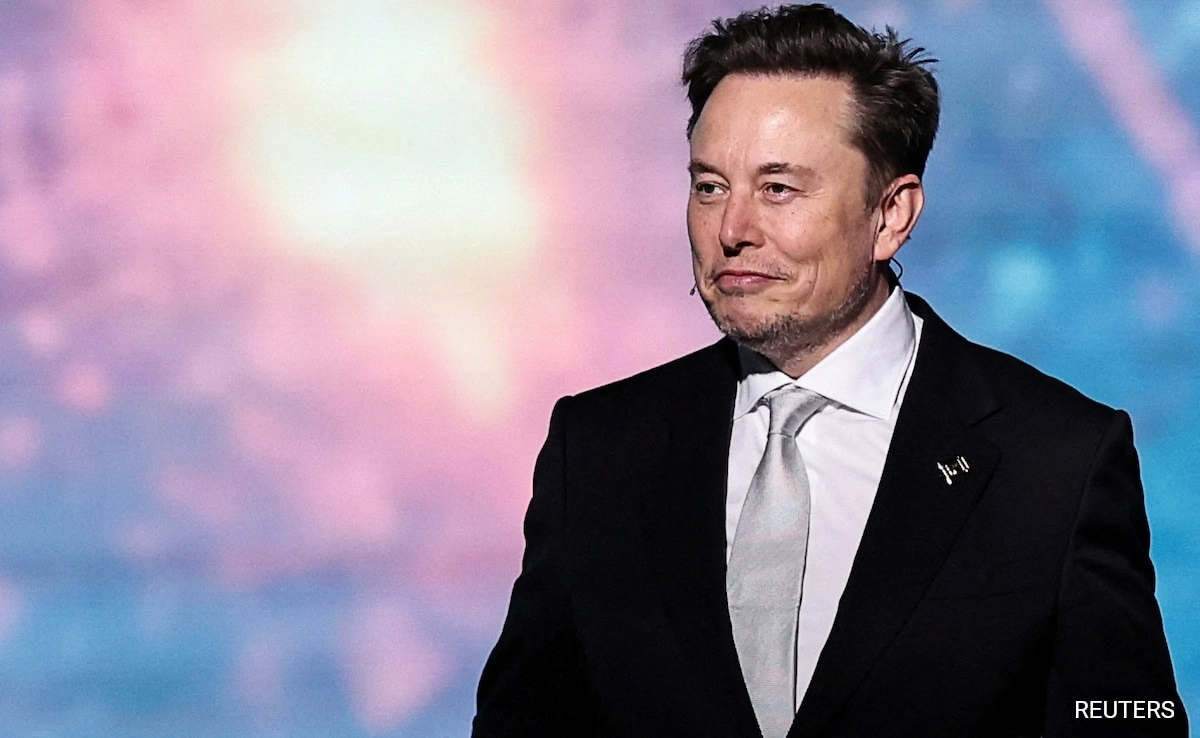Tariffs are taxes imposed by governments on imported goods and services, serving as a tool for regulating international trade. When a country levies a tariff, it increases the cost of foreign products, making them less competitive compared to domestic goods. This mechanism is often employed to protect local industries from foreign competition, promote domestic production, and safeguard jobs within the country. By making imported goods more expensive, tariffs can encourage consumers to purchase locally made products, thereby supporting the national economy. However, while tariffs can provide short-term benefits to certain sectors, they can also lead to higher prices for consumers, reduced choices, and potential retaliation from trading partners.
Countries utilize tariffs for various reasons, including economic protectionism, revenue generation, and strategic trade negotiations. Economic protectionism aims to shield emerging or struggling industries from international competition, helping them grow and maintain employment levels. Additionally, tariffs can serve as a source of revenue for governments, especially in developing countries where tax collection methods may be less efficient. Furthermore, tariffs can be used as leverage in trade negotiations, with countries imposing them to encourage concessions or favorable terms from trade partners. However, this approach can also lead to trade wars, where countries retaliate against each other, ultimately harming global trade dynamics.
The burden of tariffs is ultimately borne by consumers, as companies often pass the increased costs of imported goods onto their customers. This results in higher prices for products that rely on foreign materials or are entirely imported. In some cases, domestic producers may also raise their prices due to reduced competition, further impacting consumers. While tariffs can benefit specific industries and create jobs in the short term, they can lead to broader economic consequences, including inflation and strained international relations. Consequently, the debate surrounding tariffs is complex, as they can be a double-edged sword, providing protectionist benefits while simultaneously imposing costs on consumers and the economy as a whole.




